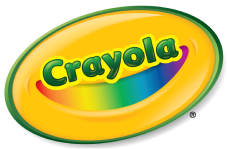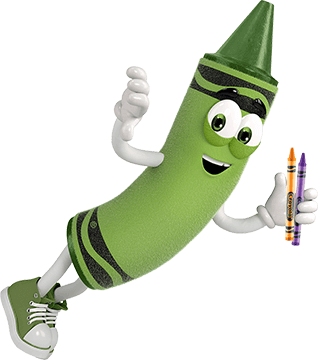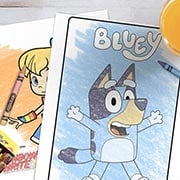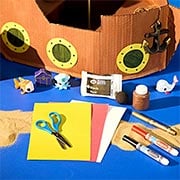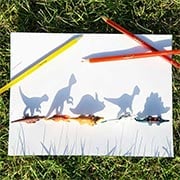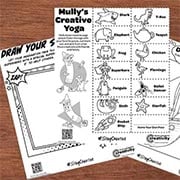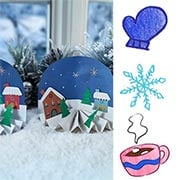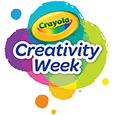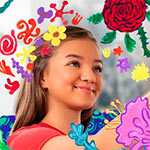Crayola® manufactures two types of chalk, extruded and molded.
Extruded chalk, such as Crayola Anti-Dust® White Chalk, primarily contains calcium carbonate. Molded chalk, such as Crayola Children's Chalk (available in white or colors), is a softer chalk, and is not dustless. This type of chalk is recommended for children's chalkboards as well as construction paper, cardboard boxes and paper bags.
Crayola Sidewalk Chalk is a molded chalk that is not intended for use on chalkboard surfaces. It does not include calcium carbonate. This product contains Plaster of Paris which has a gritty texture and may scratch your chalkboard.
Learn more about Crayola Chalk products at
Crayola.com.
If you have additional questions, we would love to hear from you! Feel free to call or text us at 1-800-CRAYOLA
weekdays between 9 AM and 4 PM Eastern Time. If you would prefer to send us an email, visit our contact us page.
Related Questions
Explore answers to common questions, helpful stain removal tips, and creative ideas for making the most of our art supplies and free resources!
Can't Find What You're Looking For?
We're here to help!
Support
